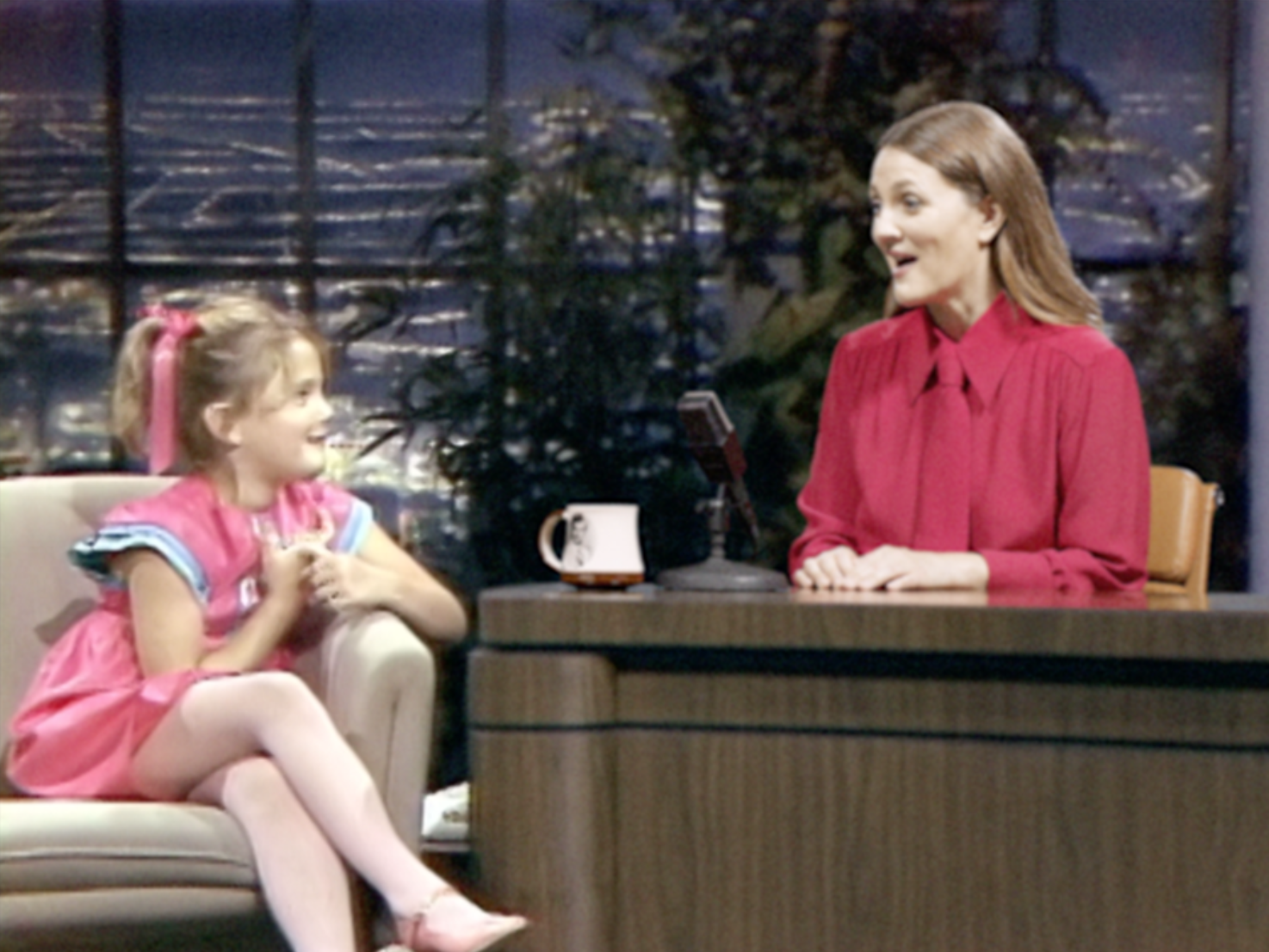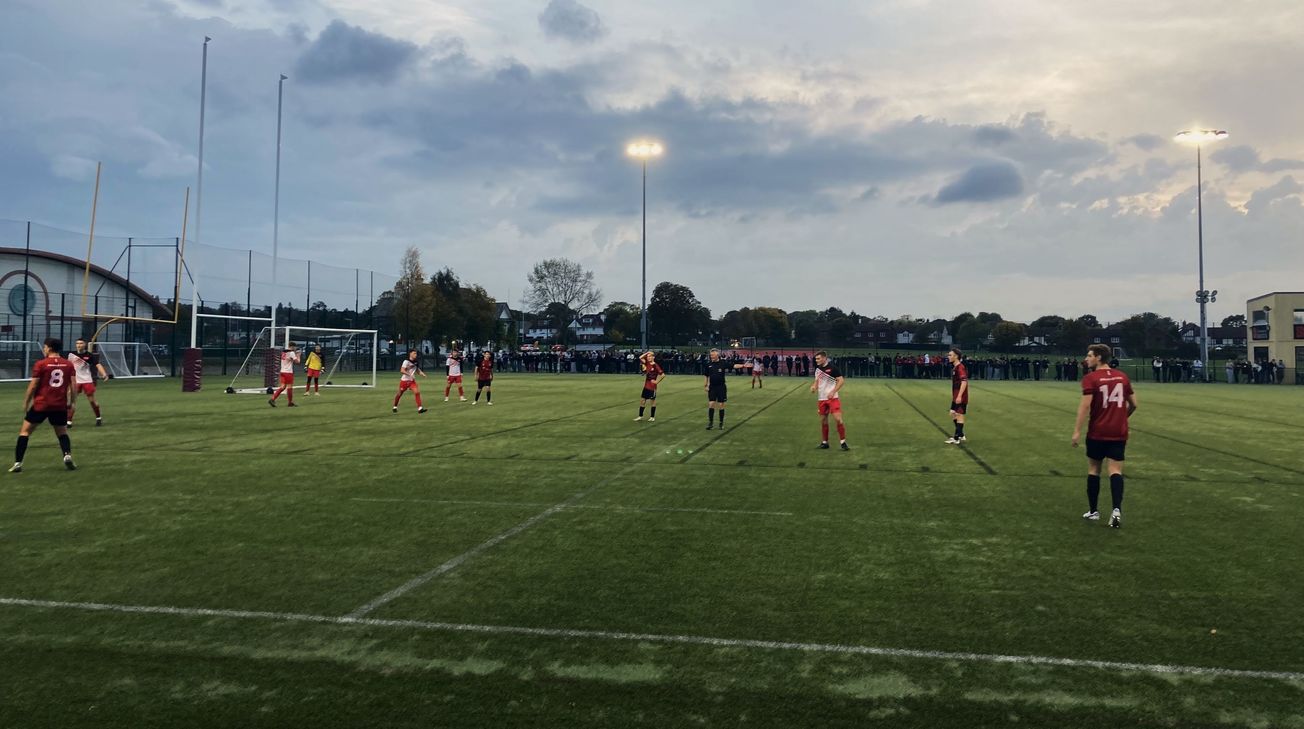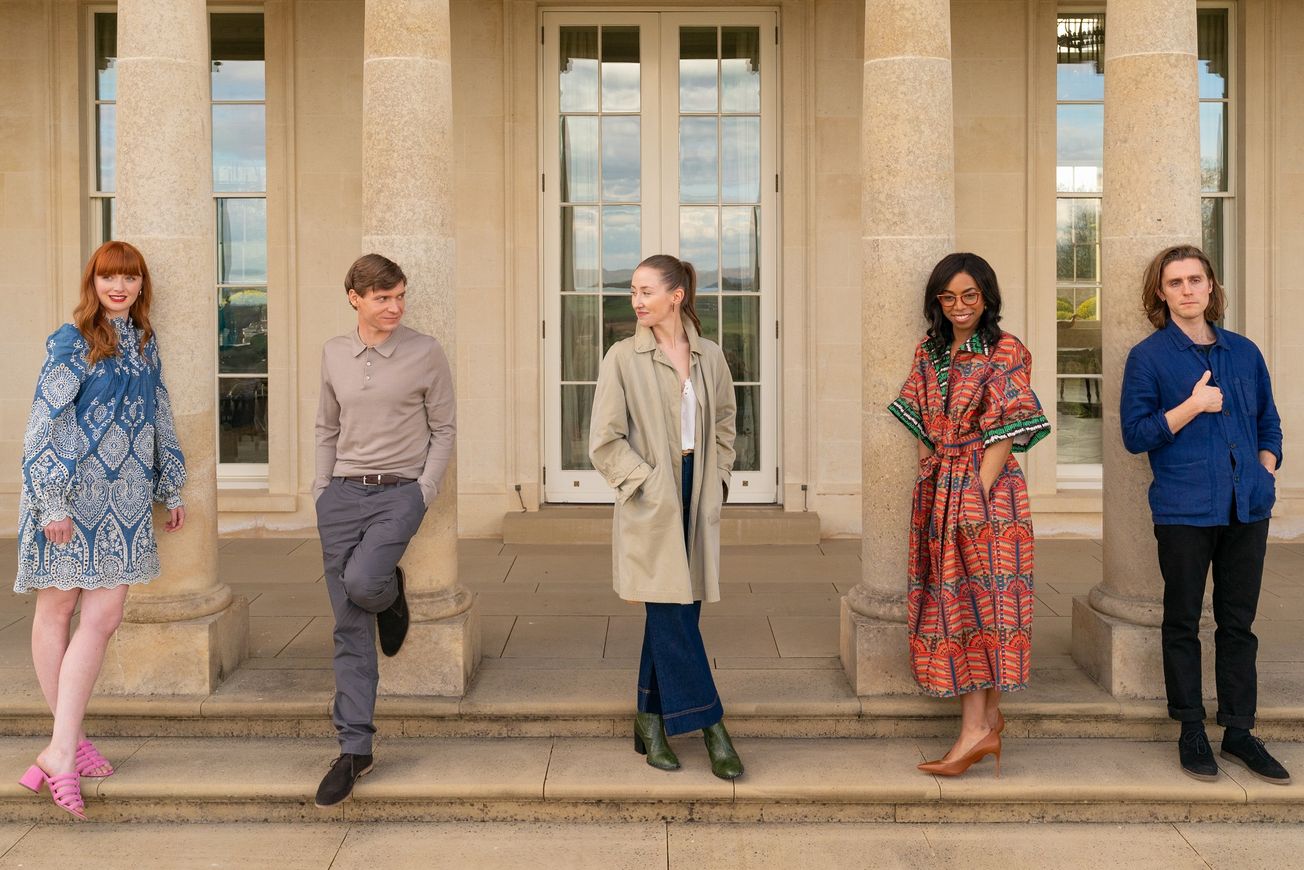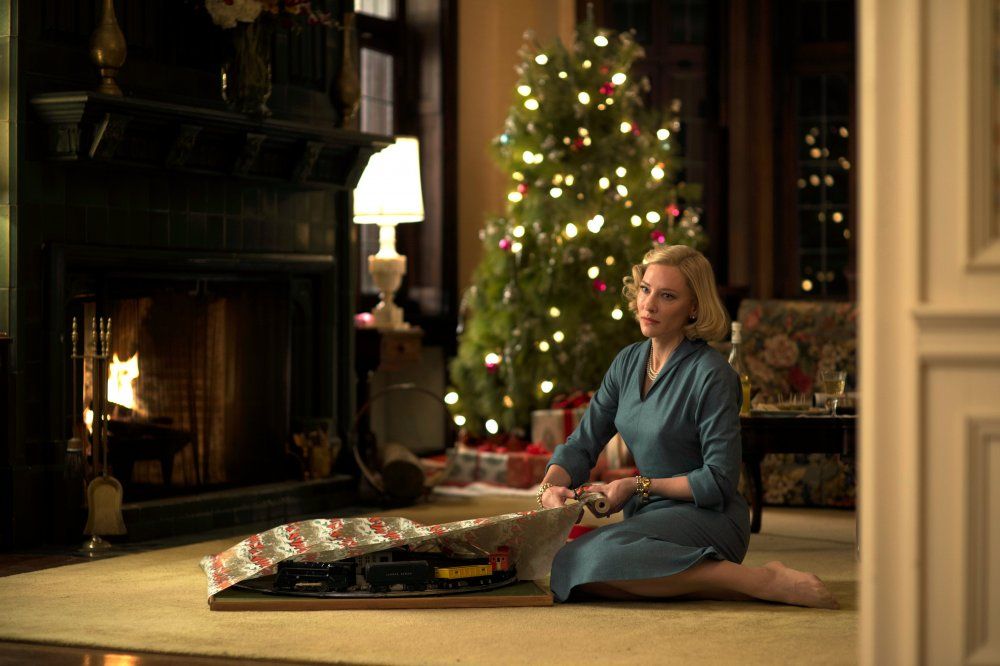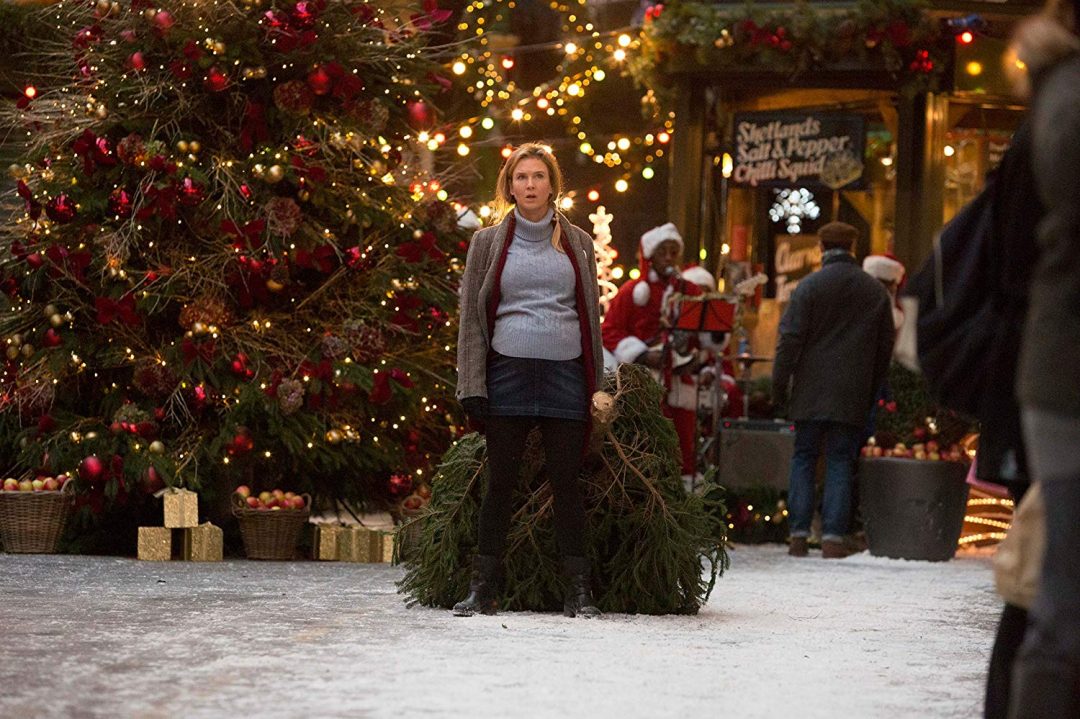Carly Pearce, Third Year, Film & TV
Celebrity culture is in itself a bizarre concept – we (the audience) separate ourselves from a select few human beings who are no different from us, usually because they possess some sort of talent that deems them superior. We fund, obsess over, and idolise these figures, whilst simultaneously placing their each and every move under a microscope for global judgement. This unusual phenomenon becomes even more outlandish when we consider young celebrities, or “child stars”.
While the fame and fortune that comes along with being a celebrity seems glamorous (and probably is on occasion) it’s extremely taxing for a child who suddenly has to give up their childhood to work full-time hours, sometimes to support their families, and deal with the pressures of maintaining an image in front of millions of fans.
The effects of fame can be detrimental to anyone’s health, let alone a child who has been in the public eye practically since birth, which was certainly the case for Drew Barrymore. Seemingly destined for stardom, Barrymore is the daughter of John Drew Barrymore Jr. and Ildiko Jaid, granddaughter of John Barrymore and Dolores Costello, and great-granddaughter of Maurice Barrymore and Georgiana Drew, all of whom were actors. She made her big screen debut at the age of 4 in Altered States (1980) but landed one of her most famous roles at the age of 6 as Gertie in E.T.: The Extraterrestrial (1982), which catapulted her into stardom.
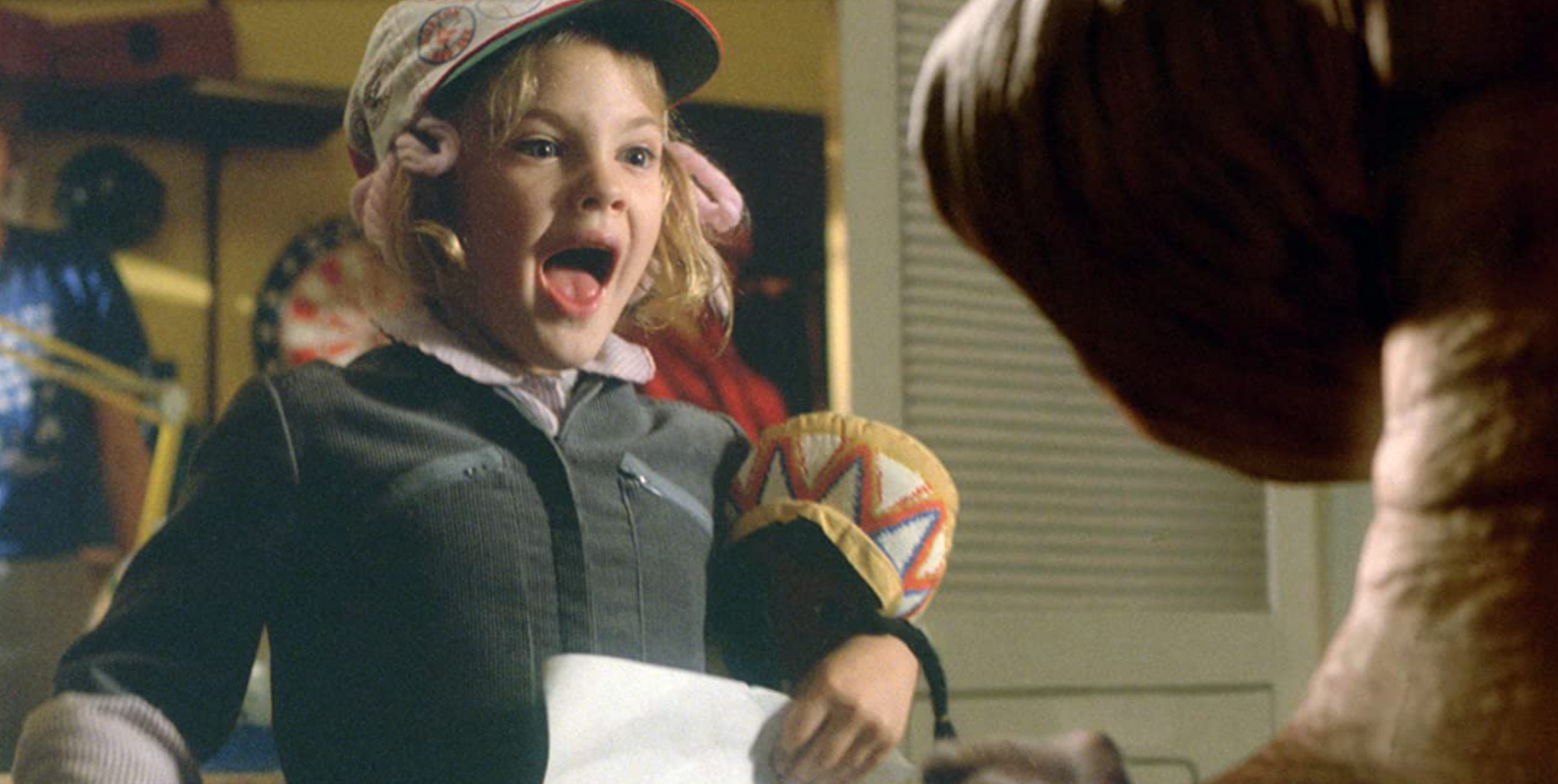
Being thrust into the spotlight at such a young age changed her life completely. Her mother started bringing her to nightclubs when she was just 8 years old, which quickly resulted in a fondness for drugs and alcohol all before the age of 13. After a physical altercation with her mother, Barrymore was placed in a rehabilitation centre.
She continued to make headlines for her controversial behaviour in the ’90s, like posing nude for Playboy or flashing David Letterman on live TV. Fortunately, Barrymore’s luck began to change in 1995, when she founded her own production company, Flower Films. She eventually rose above her wild-child reputation and is still revered today as a talented actress.
But Barrymore’s story is not unique, in fact there have been several cases of child stars who have had some sort of public breakdown resulting in institutionalisation. Take The Parent Trap (1998) star Lindsay Lohan for example, who completed multiple stints in rehab, often branded the poster girl for “child star gone wrong.” Or Amanda Bynes, the Nickelodeon funny girl of the early noughties who publicly had a mental breakdown on Twitter and found herself hospitalised and diagnosed with schizophrenia.
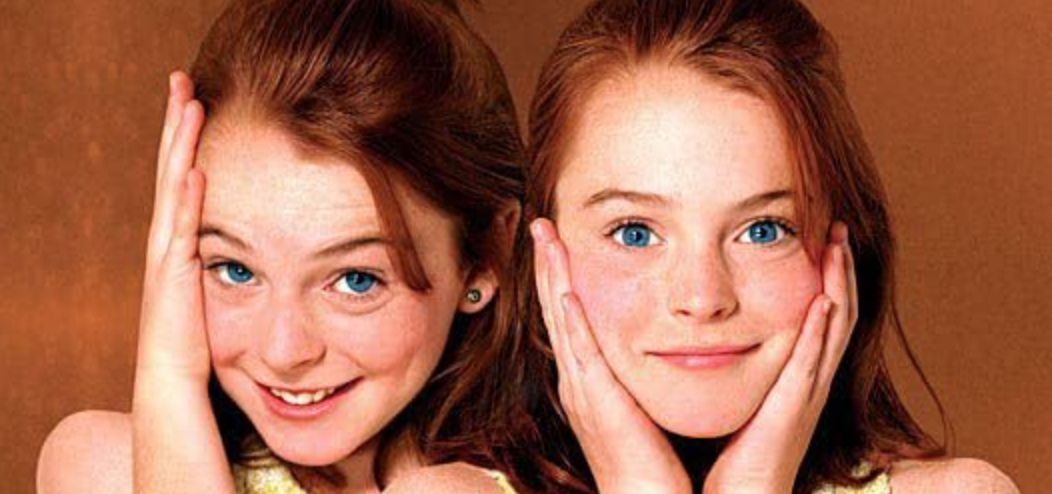
But what is it about stardom that forces these child stars down a dangerous path?
Simply put, child stars are just that, children. And like all kids, they need to rebel, but the environment they exist in prohibits this. When a normal child rebels, they only have to answer to their parents, guardians or teachers. Their small acts of rebellion, like failing a class or underage drinking often face little consequence, this almost traditional ‘right-of-passage’ won’t stick around to haunt them. However, this isn’t the case for when a child star rebels; they not only risk their career, but thanks to the imposed spotlight, they are quickly judged by millions of fans and are reprimanded on a large scale for not being a positive role model. When a child star enters their teens and thus gains more freedom, they have powerful resources with little to no experience making decisions for themselves, so their acts of rebellion are on a much larger scale.
Are today’s child star’s destined for the same path of self-destruction?
Today, we live in a world that is constantly adapting to the latest technological developments. Thanks to the development of the internet and the increasing popularity of social media, child stars now are dealing with the same pressures of their predecessors, in addition to social media commodifying them further. Stars are expected to be constantly available and generating content, and they’re bombarded both with praise and criticism from the media, blogs and anonymous strangers.
With social media being a relatively new platform, there’s no defined consensus on how to talk about children in the limelight, which often encourages people to view them as adults. Stars like Millie Bobby Brown and Finn Wolfhard have been subjected to online abuse and sexualisation from fans and fellow stars alike, for example when model Ali Michael told Wolfhard to “hit her up in 4 years”
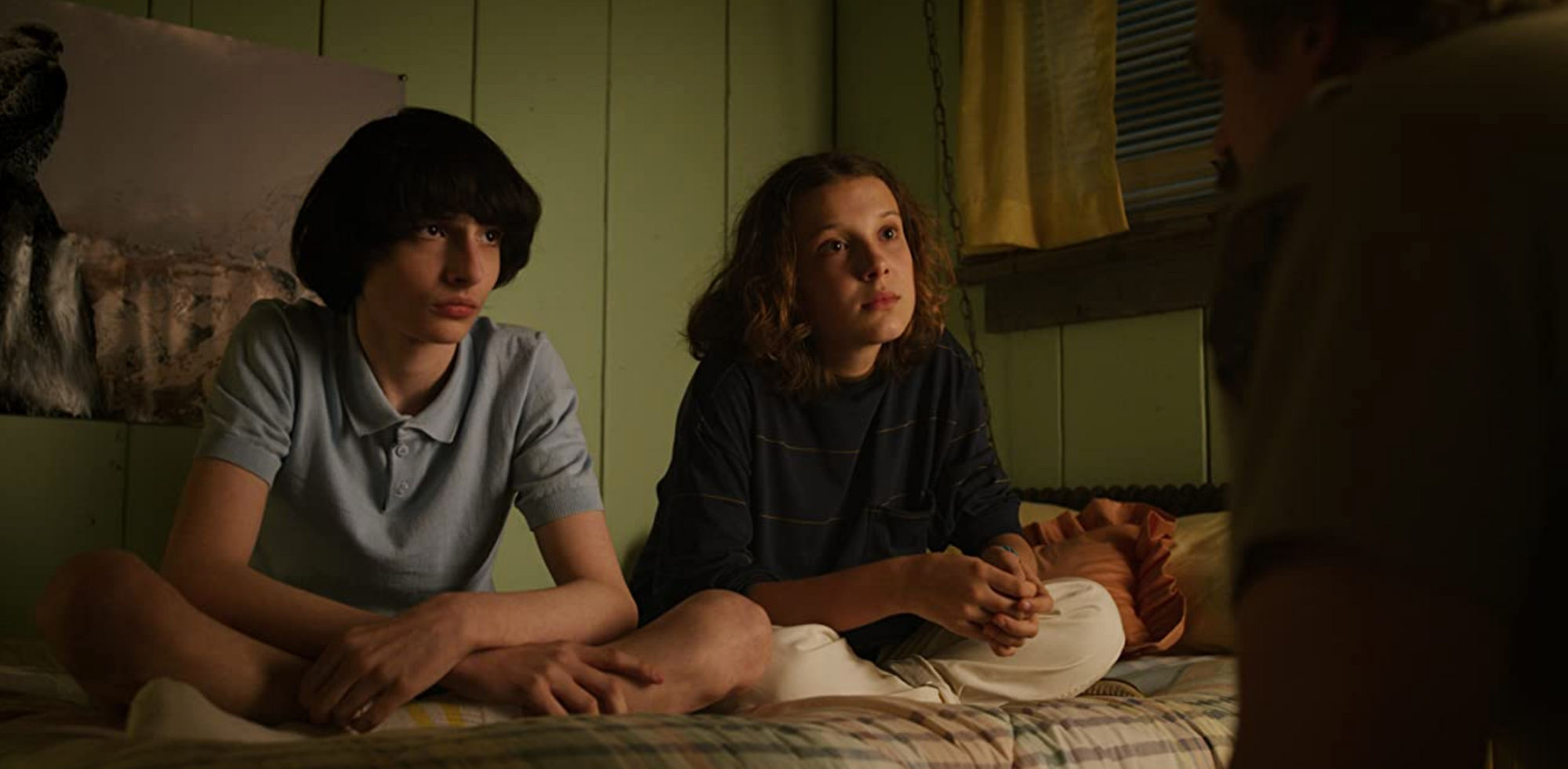
Before the internet, it was much easier to shelter child actors from the media and their obsessive fanbases. Today, stars can find out what people think of them with a simple Google search.
So, is the internet an unjustifiable evil?
Whilst the internet presents its own challenges, it isn’t exclusively negative. Social media provides child stars with their own voice, allowing them the agency their predecessors one craved. Whilst there are undoubtedly some issues that arise with giving children or young people access to the world, it also allows them to control their own narratives. They are less governed by their parents or managers as they can speak directly to the media and fans.
Furthermore, through the likes of social media apps like Tik Tok and YouTube we have so-called 'microcelebrities', anybody can become famous now with a simple viral video or dance trend. Today a child star or teen celeb doesn’t have to require an expensive manager, prestigious school or extensive industry connections. These social media platforms allow all kinds of creators to publish content, regardless of their race, gender or class.
Moreover, there is as much power in constant social media use as there is in infrequent posting. Considering the likes of Lady Gaga, Rihanna and Harry Styles, who now tweet much less frequently since becoming iconic stars. There is arguably a new prestige in limiting access rather than providing it. And it is this control over output that has helped improve the lives of child stars in the social media age.
Featured Image: CBS
What are your thoughts on child stars?

